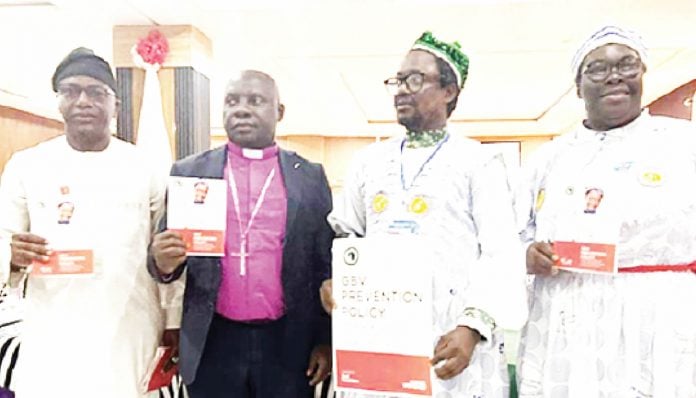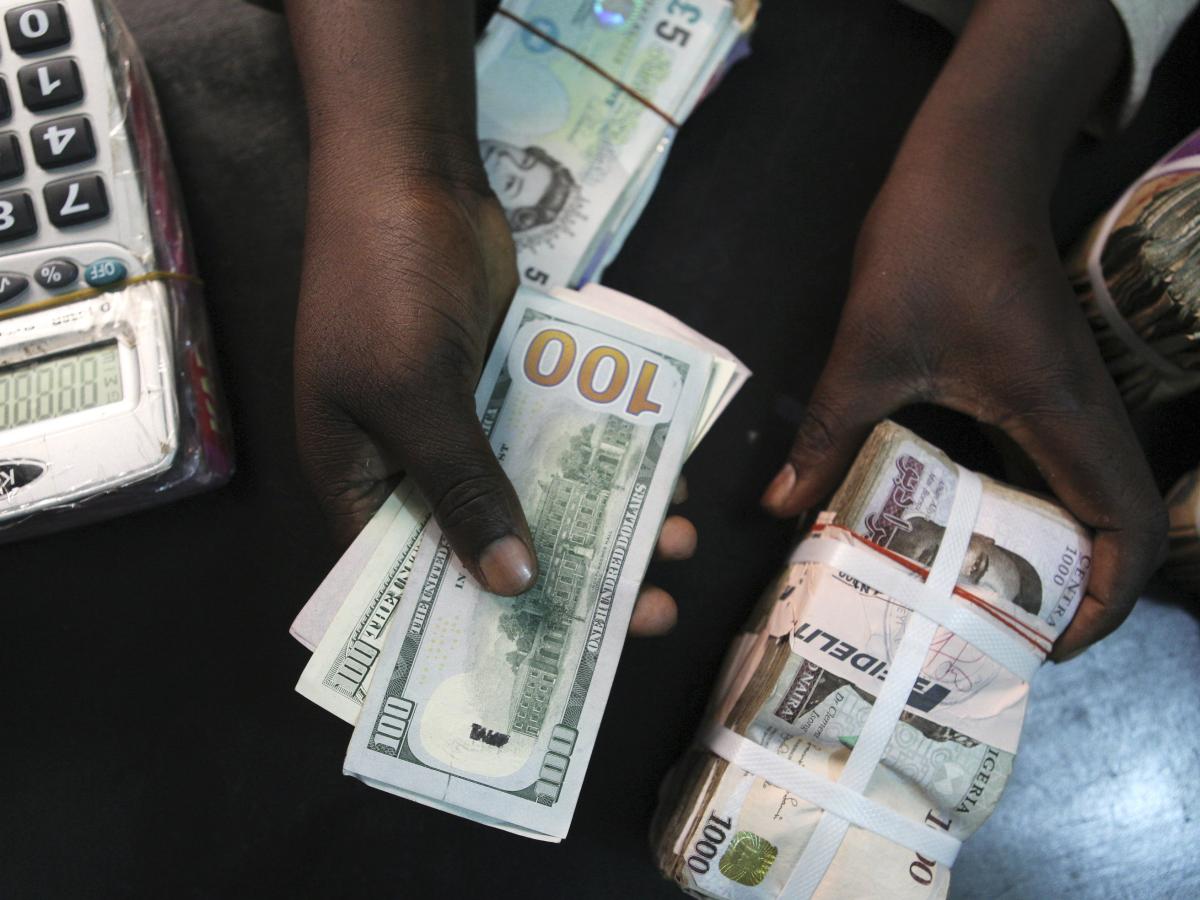The United Nations Women is calling on religious leaders in Nigeria, specifically those within the African Instituted Churches, to play a central role in combating gender-based violence across the country.
During the 2025 annual general assembly and NOWAHALAZONE retreat in Owerri, Imo State, Ms. Beatrice Eyong, UN Women Country Representative to Nigeria and ECOWAS, emphasized the severity of gender-based violence, describing it as a critical human rights and public health issue confronting Nigeria today.
Ms. Eyong, represented at the event by Programme Officer Ibrahim Nurudeen, appealed to faith leaders to “spread preventive messages throughout their congregations and actively provide support to survivors.”
She stressed the unique influence of religious leaders in shaping community values through their sermons, teachings, and pastoral interactions, highlighting the need for churches to serve as safe havens where survivors can find assistance, healing, and justice.
“UN Women’s participation in this retreat builds upon ongoing collaboration with OAIC,” Eyong noted. “With support from the Ford Foundation, we are advancing the LEAP (Leveraging the Influence of Faith Leaders to End Violence Against Women and Girls) Project—a three-year initiative empowering faith and traditional leaders to challenge deeply rooted harmful norms, foster gender equality, and embed GBV prevention within faith communities.”
Elder Israel Akinadewo, President of the Organisation of African Instituted Churches, praised the new policy’s adoption, calling it a significant move that extends responsibility for GBV prevention to religious leaders. He remarked, “This framework not only engages faith leaders in combating gender-based violence, but also sets an example for other Christian and faith-oriented organizations in the fight to eliminate this threat.”
He further explained, “This year’s retreat marks a watershed moment for both OAIC and UN Women, as it led to the formal validation and approval of OAIC’s Gender-Based Violence (GBV) Prevention Policy.”
“This policy, along with its implementation framework, stands as a tangible achievement of the LEAP project and demonstrates the transformative potential of involving religious leaders in driving broad social change,” Akinadewo added.
“With the adoption of this policy, harmful practices, domestic violence, and all forms of gender-based abuse can be openly confronted at the grassroots level, while survivors will have improved access to services and justice.”










